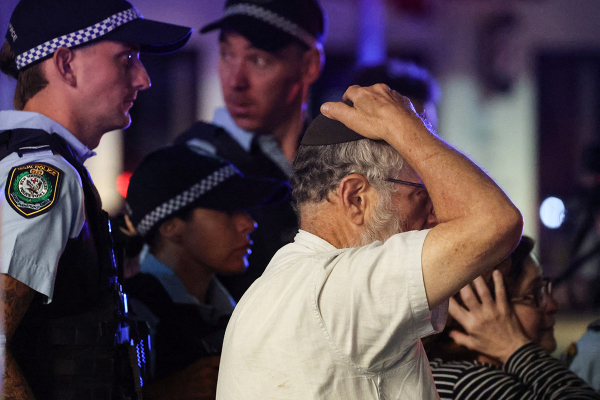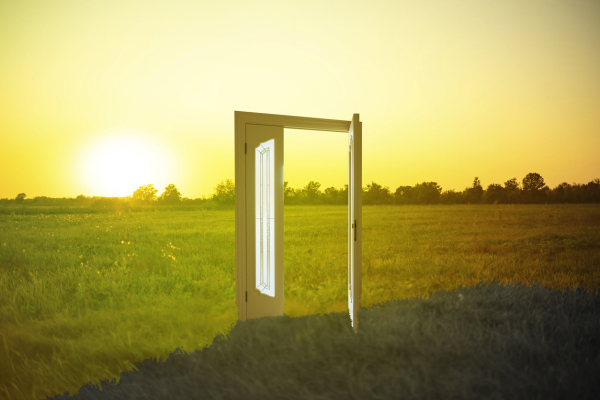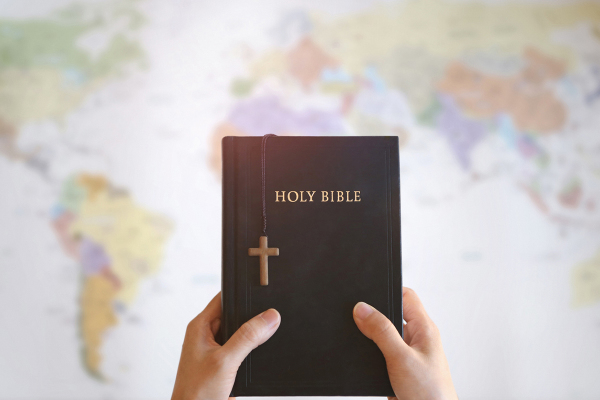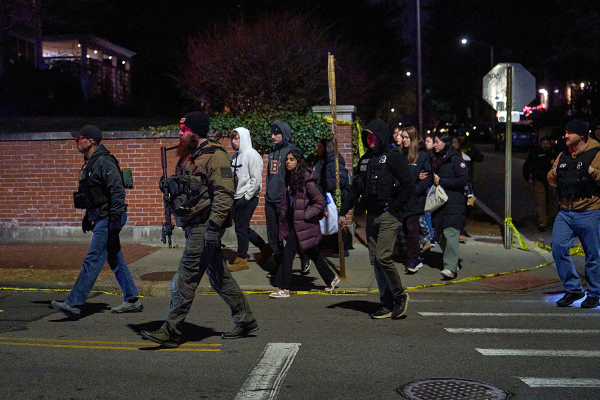Why We Need to Do the Right Thing
For two years now I've been telling you that the nation's economic collapse was the result of an ethical collapse.
And now you don't have to take my word for it.
A recent report by the Financial Crisis Inquiry Commission called the events of 2008 and their aftermath "avoidable." The commission wrote that the "crisis was the result of human action and inaction" and not unforeseeable events or uncontrollable forces.
Nor was there just one set of villains: the responsible parties were to be found both in Washington and on Wall Street. As the Washington Post put it, the report "spares virtually no one in assigning culpability for the worst financial calamity in generations."
The federal government was "ill-prepared for the crisis, and its inconsistent response added to the uncertainty and panic in the financial markets." The Commission is especially hard on the Federal Reserve. It cites the Fed's "pivotal failure to stem the flow of toxic mortgages, which it could have done by setting prudent mortgage-lending standards."
Note the word "prudent"-this is a moral and ethical question.
Fannie Mae and Freddy Mac were rightly singled out. The report calls them the "kings of leverage" for borrowing $75 for every dollar they had in reserves. Their erstwhile regulator, the Federal Housing Finance Agency, was criticized for allowing them to dive, head first, into the sub-prime mortgage market-an unethical lapse of oversight.
Speaking of which, there's plenty of blame directed at Wall Street: Merrill Lynch was criticized for not telling investors what they needed to know about the state of the firm's finances-a flat out ethical failure.
Goldman Sachs was hit for lending money to sub-prime lenders; it sold securities made up of those risky loans; and it created financial products that allowed others to bet against the very securities it sold. Talk about a conflict of interest!
The blame for the financial crisis extends to "Main Street," as well. For every sub-prime lender, there was a sub-prime borrower. Too many Americans abandoned the principles of the Protestant work ethic, among which include paying our bills and not plunging into debt. Instead, they borrowed excessively to finance houses they knew they couldn't afford. When the bubble burst, they wound up owing more on their homes than they were worth.
In the end, the financial crisis was the product of too many people failing to do the right thing. Instead of exercising prudence and moral restraint, they chose the path of self-interest, greed, and folly.
This is what we get when we abandon the biblical worldview. And absent a renewed commitment to doing the right thing, we can expect more of the same.
That's why I've spent the last year with Britt Hume and Robby George producing a six-part video series on ethics appropriately titled "Doing the Right Thing." Session 1 outlines the ethical failures of 2008-failures now officially confirmed by the commission report. The next five sessions explore how we can fix the ethical mess we're in.
This is one of the most important projects I've ever undertaken. The series is due to be released in March. Please, find out more about it by visiting our website at ColsonCenter.org/ethics. Schools, families, churches and business need to learn how to do the right thing.





















